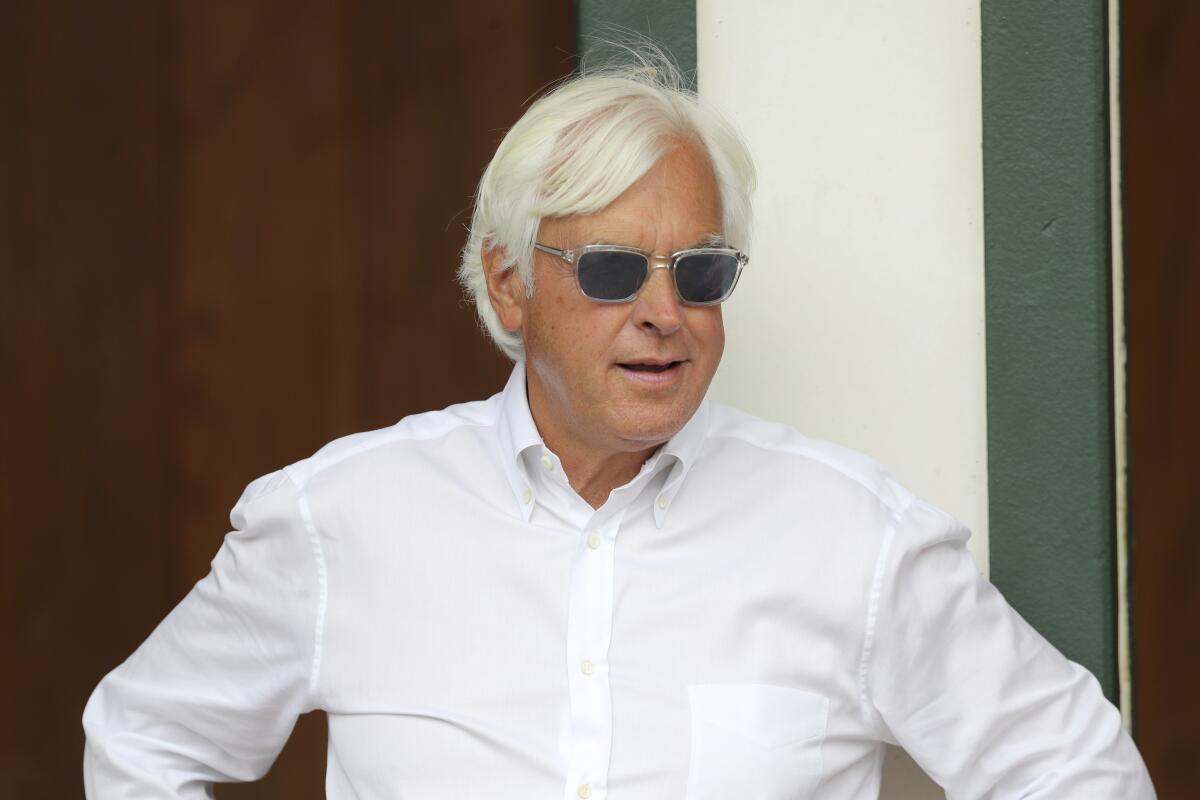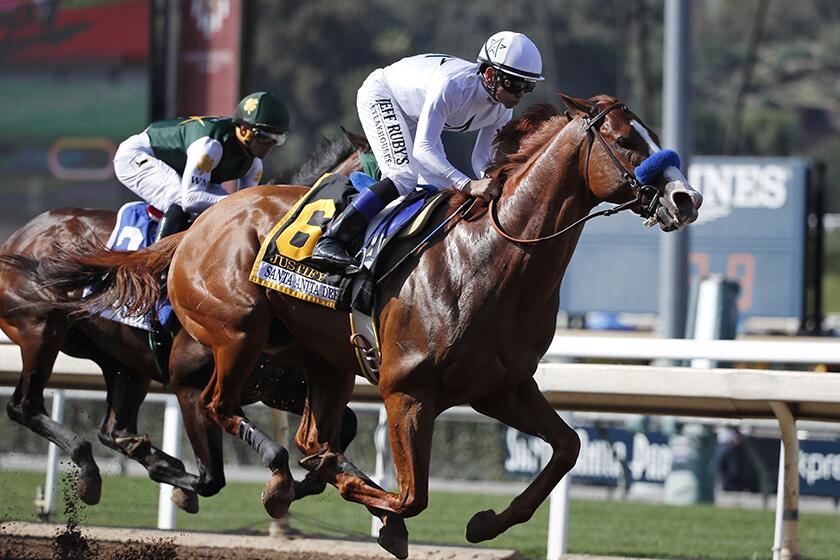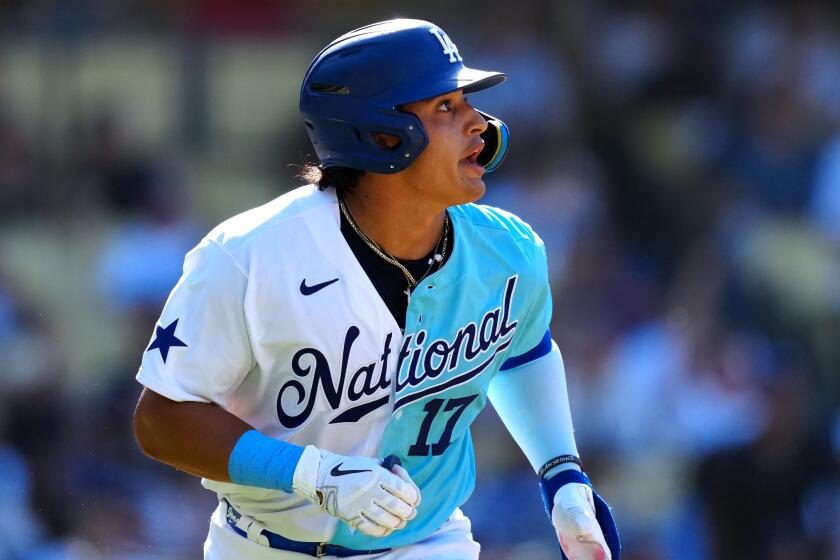Bob Baffert won’t face complaint related to Justify’s positive drug test

The positive drug test on Triple Crown winner Justify after the Santa Anita Derby, which has languished for more than two years, will finally reach the complaint stage and be heard on Sept. 20. The California Horse Racing Board voted in closed session on Aug. 20 to proceed with the matter as a condition of a settlement with Ruis Racing, owner of second-place finisher Bolt d’Oro.
However, a complaint will not be made against trainer Bob Baffert because of strong evidence of environmental contamination. A second positive in Baffert’s barn belonged to Hoppertunity, winner of the Tokyo City Cup race, on April 8, 2018, the day after the Santa Anita Derby.
“Given that Justify and Hoppertunity positives occurred over two years ago and at most the CHRB would only seek a warning, the CHRB chooses not to file complaints against Mr. Baffert in these matters,” the CHRB said in a statement.
The main issues that remain are the purse payouts for the Santa Anita Derby, which is $600,000 for first and $200,000 for second, and if Justify can claim to be the only Triple Crown winner who retired undefeated. He only ran six races.
There was never any doubt that Justify would be able to run in the Triple Crown races given the time that it takes to adjudicate a drug case. The Santa Anita Derby was the only points race that Justify won, but once the initial positive was known, because of confidentially laws, the CHRB could not make it known, not even to the Kentucky Racing Commission. The California legislature is currently looking to change the transparency laws.
It is possible that if Justify is disqualified from the Santa Anita Derby that the Kentucky Racing Commission could nullify the results of the Kentucky Derby, but that seems extremely unlikely especially given that the CHRB chose not to issue a complaint against Baffert.
The drug positive did not become public until last year when it was reported by the New York Times.
“Examples of medications often associated with environmental contamination, where the CHRB has elected not to file trainer complaints, are scopolamine and zilpaterol,” the CHRB said. “With respect to these two complaints, given the cluster of positives and near-positives of scopolamine and/or atropine, as well as our investigators evidence of jimson weed, we determined that the cause of the positives in the Justify and Hoppertunity matters were environmental contamination.”
The CHRB has also issued trainer complaints this year dealing with scopolamine but recommended that only warnings be given.
Eventual Triple Crown winner Justify failed a drug test before the 2018 Kentucky Derby. But the violation wasn’t enough for him to be disqualified.
At the time of the Justify positive, there were seven cases involving five different barns that showed scopolamine, which is found in jimson weed. The levels of the other five horses, were not as high as those in the Baffert barn. Technically, because of the way the horse allegedly received the drug, it would be classified as a poisoning rather than a drugging.
Dr. Rick Arthur, CHRB equine medical director, would not comment on the Justify and Hoppertunity cases but did give a window in to what may have brought the CHRB to their conclusion.
“If there is just scopolamine, then it is likely pharmaceutical,” Arthur said. “If there is also atropine it is likely environmental, especially when you see it in a number of horses. … It’s not absolute but that is most likely.”
Justify and Hoppertunity had amounts of scopolamine and atropine.
Based on past rulings, the presence alone of a drug, usually brings disqualification regardless of the circumstances.
“Doping horses is race fixing and violates fraud and racketeering laws, and after the horses who often pay with their lives, the bettors are the real victims,” said Kathy Guillermo, senior vice president of PETA.
The stewards’ decision, more two years later, would have no impact on those who bet the horse pending any kind of additional litigation.
More to Read
Go beyond the scoreboard
Get the latest on L.A.'s teams in the daily Sports Report newsletter.
You may occasionally receive promotional content from the Los Angeles Times.












